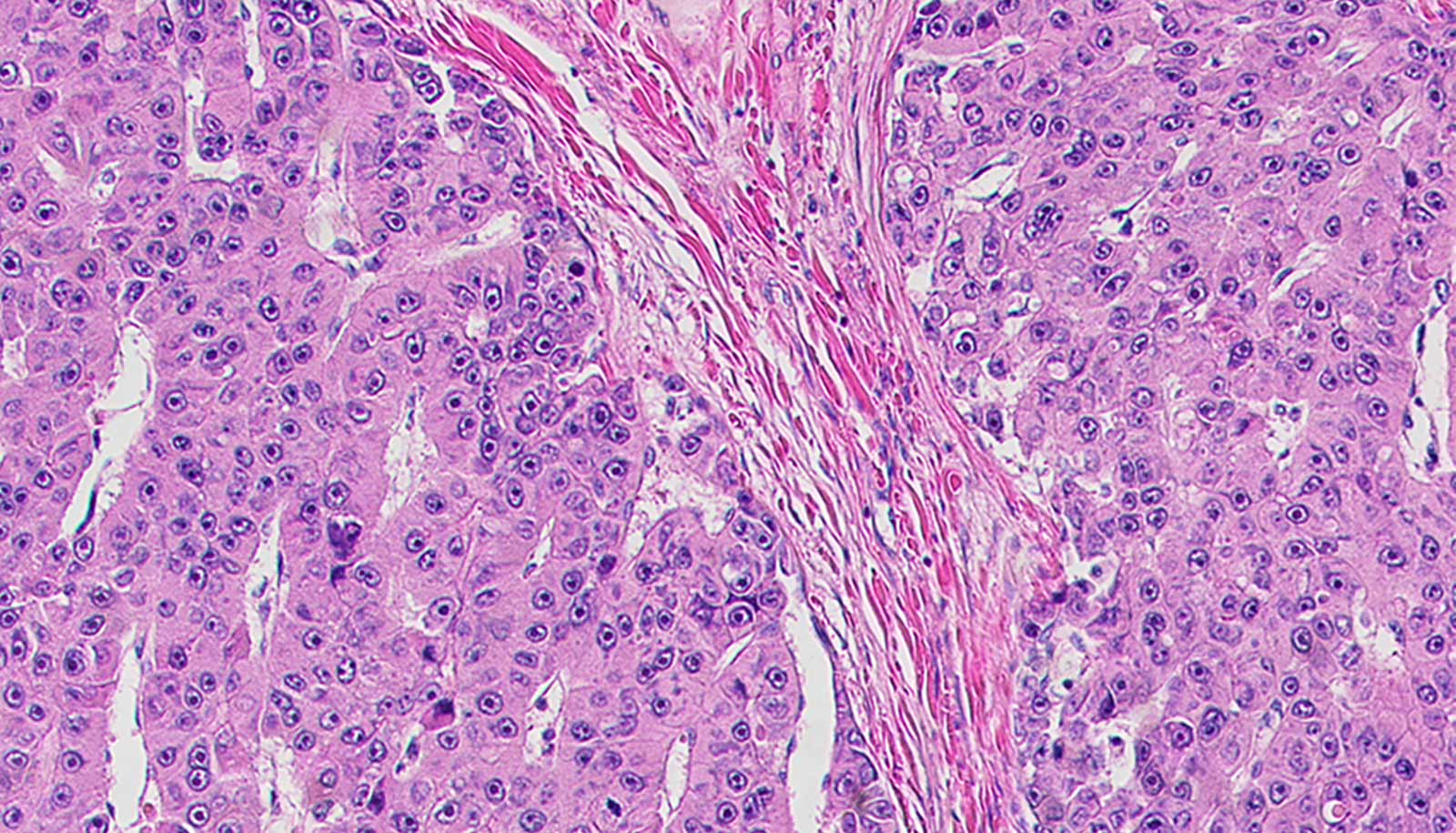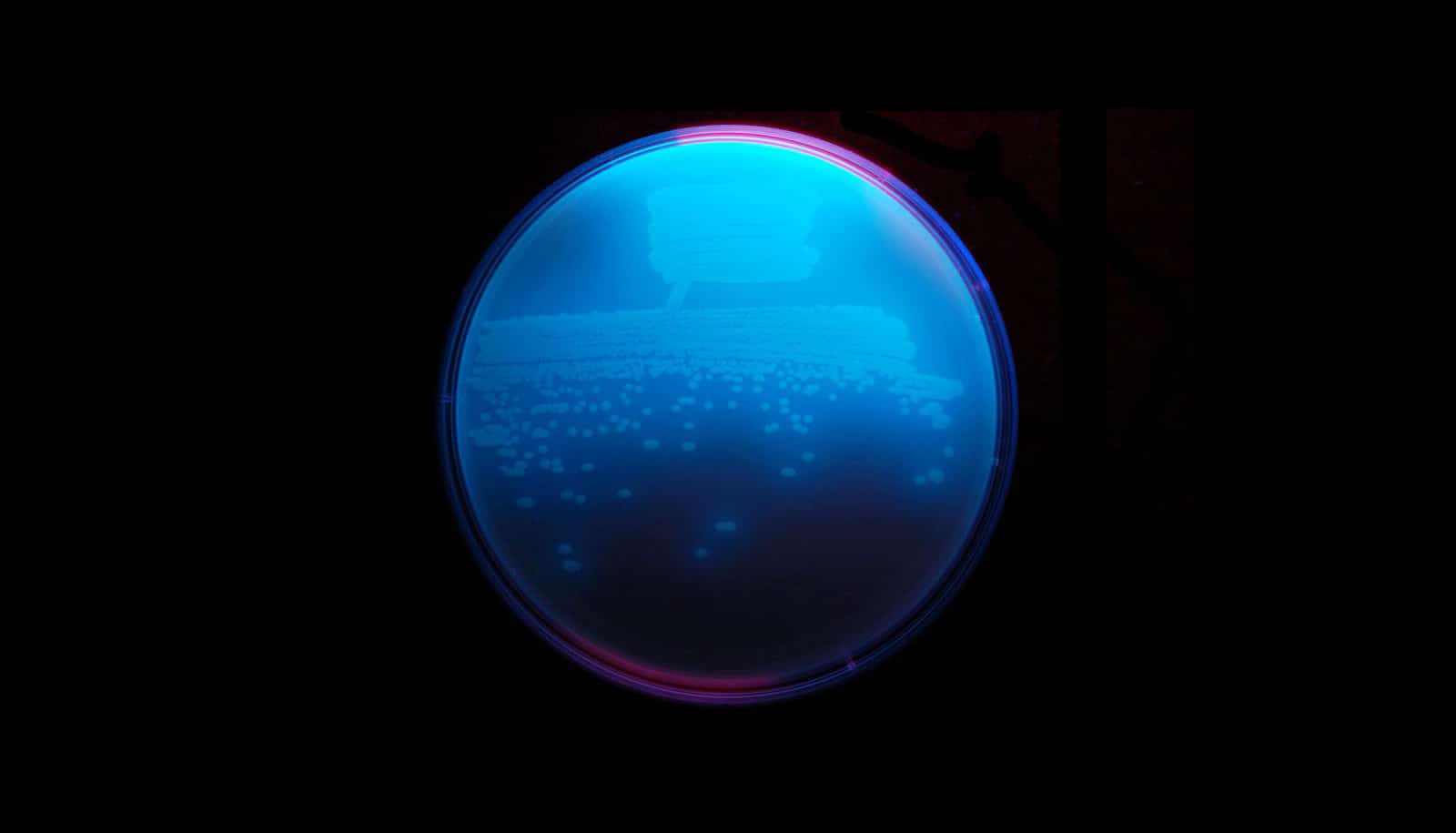
(Credit: Getty Images )
New drug target may halt tough prostate cancer tumor growth
Certain prostate cancer cells become resistant to treatment and turn lethal, but a new discovery could offer a new target to stop their spread.

Targeting a cell surface receptor essential for the function and survival of resistant prostate cancer cells can halt tumor growth, researchers report.
A clinical trial is underway using a drug originally intended for lung diseases.
Hormone therapies for prostate cancer have greatly prolonged the lives of patients, but the drugs eventually become ineffective and the disease grows lethal. Resistance occurs because a small percentage of prostate cancer cells are completely impervious to the therapies, and actually thrive when the drugs are used.
“We noticed in prostate cancer there are two types of cells,” says senior author Jiaoti Huang, chair of the pathology department at Duke University. “The vast majority are luminal tumor cells, which are susceptible to hormone therapy. But a minor component of cells are neuroendocrine cells, and they are very important. They do not express the androgen receptor, so they will survive hormonal therapy.
“Our hypothesis was that this minor population, because they have the ability to survive, contribute to tumor recurrence,” Huang says. “And that’s exactly what we found.”
The researchers isolated the neuroendocrine cells from fresh human prostate cancer tissue and studied them in the lab. In early-stage prostate cancer, they constitute no more than 1% of all tumor cells, but their numbers are much larger in late-stage and metastatic disease, and they make up almost all of a particularly lethal form of prostate cancer called small cell neuroendocrine carcinoma.
Current prostate cancer treatments exclusively target the majority population of luminal tumor cells, and they do that job well. But not only do hormone therapies leave neuroendocrine tumor cells untouched, the researchers found, they actually enrich the neuroendocrine cell population.
This occurs because a receptor on the surface of neuroendocrine cells called CXCR2, which creates the optimal environment for prostate tumor cells to proliferate and spread, drives tumor growth. CXCR2 is also expressed by immune cells and involved in inflammation, and scientists are developing a drug that inhibits its function for patients with chronic obstructive pulmonary disease (COPD).
Huang’s research team tested the drug, navarixin, in laboratory and animal studies, demonstrating that it killed hormone-resistant tumors in combination with enzalutamide, where enzalutamide failed on its own.
“Because CXCR2 is ubiquitously expressed by neuroendocrine cells in prostate cancer of all stages, targeting CXCR2 may particularly benefit patients whose tumors are advanced, recurrent, and resistant to currently available therapies,” Huang says.
“The real implications of our findings need to be tested in clinical settings to determine whether patients with advanced prostate cancer benefit from CXCR2 inhibition, alone or in combination with a hormone inhibitor,” he says.
The research appears in Science Translational Medicine.
The Prostate Cancer Foundation and the National Institutes of Health supported the study.
Source: Duke University
The post New drug target may halt tough prostate cancer tumor growth appeared first on Futurity.
Share this article:
This article uses material from the Futurity article, and is licenced under a CC BY-SA 4.0 International License. Images, videos and audio are available under their respective licenses.
Related Articles:
Team closes in on first drug to treat deadly liver cancer
June 15, 2021 • futurityNext antibiotic may come from dirt bacteria
Aug. 2, 2019 • futurityLinks/images:
- https://www.futurity.org/cancer-blood-lab-on-a-chip-1992392/
- https://www.futurity.org/cancer-drug-targets-1956382/
- https://stm.sciencemag.org/content/11/521/eaax0428
- https://corporate.dukehealth.org/news-listing/new-non-hormonal-target-identified-advanced-prostate-cancer
- https://www.futurity.org/prostate-cancer-neuroendocrine-cells-2226242/
- https://www.futurity.org


